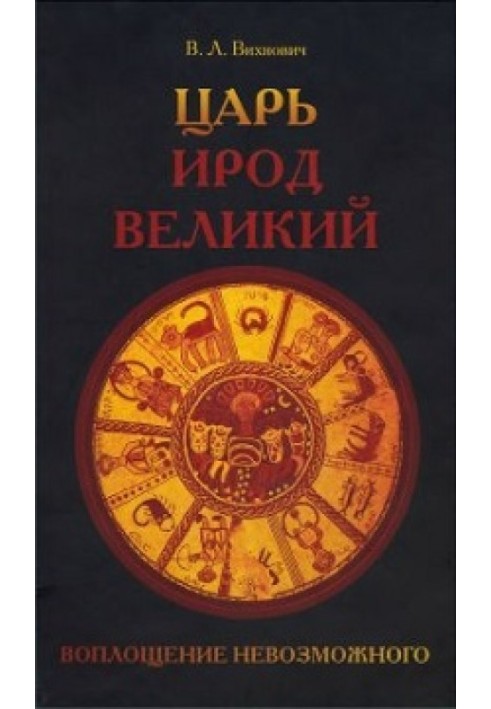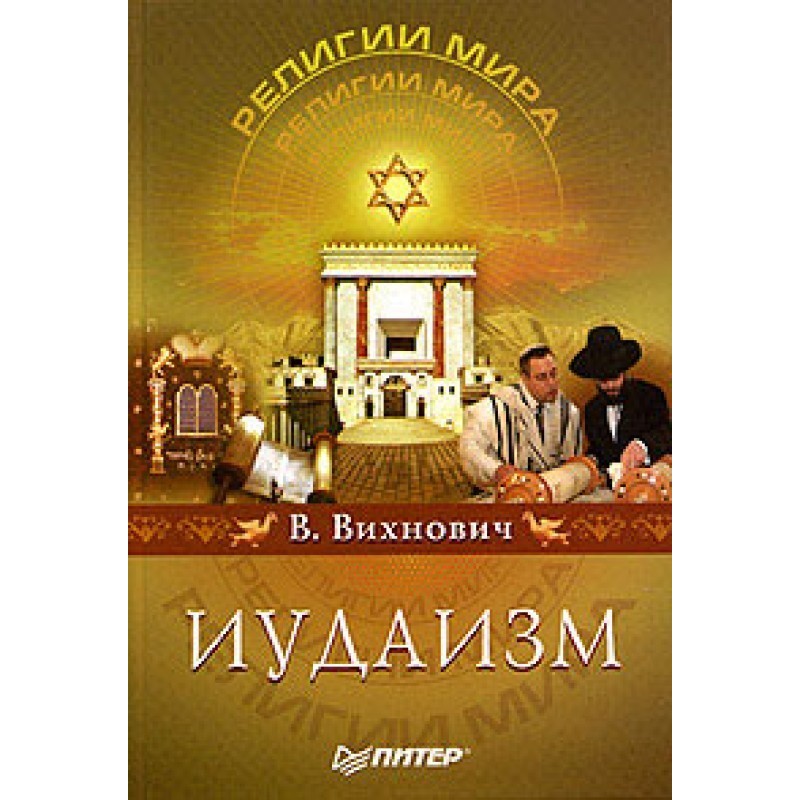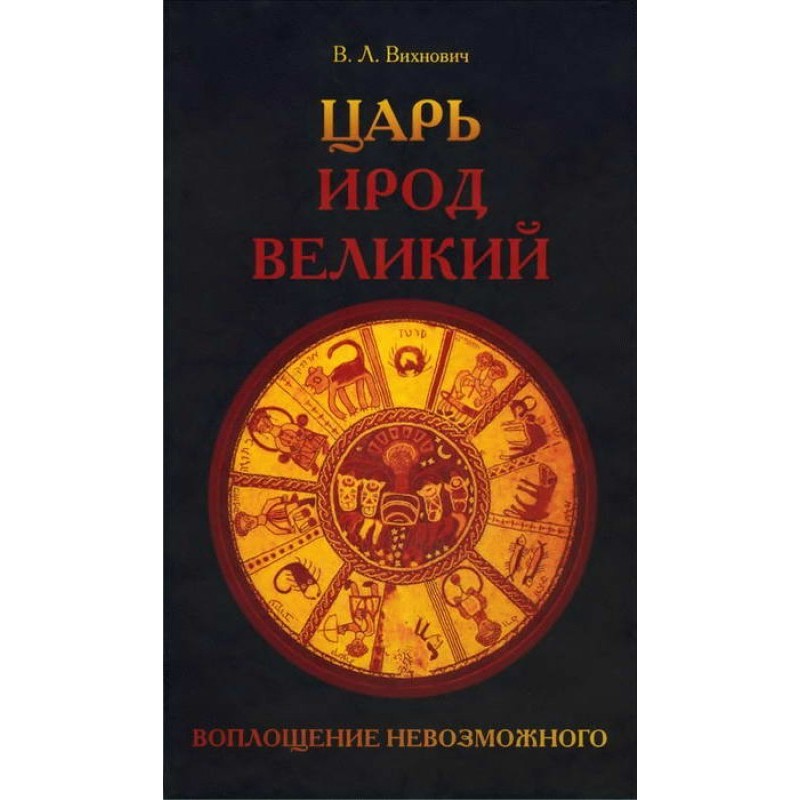King Herod the Great. The embodiment of the impossible
 Instant download
Instant download
after payment (24/7)
 Wide range of formats
Wide range of formats
(for all gadgets)
 Full book
Full book
(including for Apple and Android)
The book by the famous St. Petersburg scientist V.L. Vikhnovich is dedicated to the life and works of the last Jewish king Herod the Great (73-4 BC), whose name, in connection with its mention in the Gospel tradition, would seem to be inextricably linked with a negative characteristic : "villain king". The real fate of the historical king Herod is truly unique. Under his rule, the Kingdom of Judah reached the heights of Judeo-Jewish statehood, surpassing the biblical kingdoms of David and Solomon. As a result of skillful rule, Herod managed the impossible - to combine the incompatible: while remaining a Jew, for the outside world he became a Roman aristocrat, entitled to bear the honorary name Julius - the family name of Caesar and Octavian Augustus; As a patron and financial supporter of all aspects of Hellenistic culture, he was chosen as an honorary lifelong judge of the Olympic Games. If we consider that the basis of European civilization is Greek wisdom, Roman order and the Jewish religious spirit, then the Jewish king Herod can be considered the first European who organically united all three components of these cultures. This publication will be of interest not only to scientists studying the history and ideology of the Ancient World, but also to the widest circle of readers. The author proposes to reflect on the temptation of absolute power, on the nature of religious and political conflicts in Israel at the turn of the era, on the conditions in which Christianity arose, on the universality and relevance of various models of social development. Contents: R. Svetlov. The same Herod 5Introduction 9Chapter 1. The Roman Empire at the beginning of the new era (II millennium BC - 63 BC) 15Chapter 2. The Jewish world and its meeting with Hellenism (XX millennium BC . - III century BC) 36Chapter 3. Hellenes, Jews, Judea (III century BC - beginning of the 1st century BC) 52Chapter 4. Brief but stormy life of the Hasmonean kingdom genealogy of Herod (163-67 BC) 67Chapter 5. The agony of the Hasmonean kingdom of Judah (67-63 BC) 91Chapter 6. The time of Herod’s childhood and youth (63-55 BC) e.) 108Chapter 7. Caesar and Judea. Young Herod - ruler of Galilee (54-46 BC) 125Chapter 8. The time of Herod's first test of power (47-44 BC) 138Chapter 9. The rise of Herod under Gaius Cassius and Mark Antony (44 -41 BC) 157Chapter 10. Herod is proclaimed king of Judea (40 BC) 175Chapter 11. War for the kingdom (40-37 BC) 189Chapter 12. Herod and women (37-36 BC) 205Chapter 13. Family and political dramas (35-31 BC) 225Chapter 14. The death of Mariamne (30-28 BC) 239Chapter 15. The economic and financial basis of the kingdom of Herod 251Chapter 16. The foundations of Herod’s reign and the arrangement of the kingdom of Judea 266Chapter 17. Herod and Judaism 280Chapter 18. Herod and the Hellenistic world 297Chapter 19. Herod and Rome 309Chapter 20. The kingdom of Herod and the Jewish world 325Chapter 21. Herod in the last years of his reign (17-7 BC) 343Chapter 22. The last difficult three years of the life of the Great King (7-4 BC) 364Chapter 23. Epilogue instead of a requiem 385Chapter 24. Reflections on history lessons 399Literature 417
Data sheet
- Name of the Author
- Всеволод Вихнович Львович
- Language
- Russian
Reviews
Вражаюча подорож в історію!
Книга В.Л. Віхновича "Цар Ірод Великий. Втілення неможливого" є справжнім шедевром історичної літератури. Автор майстерно досліджує життя та діяльність Ірода Великого, розкриваючи його унікальну роль в історії Іудейського царства. Читання цієї книги - це не просто знайомство з біографією царя, а глибоке занурення в епоху, коли Іудея стикалася з римською культурою та еллінізмом. Віхнович вміло поєднує факти та аналітичні роздуми, що дозволяє читачеві зрозуміти складність політичних і релігійних конфліктів того часу. Особливо вражає, як автор підкреслює спокусу абсолютної влади та її наслідки, що залишаються актуальними й сьогодні. Книга не лише інформативна, а й спонукає до глибоких роздумів про природу влади, релігії та суспільства. Рекомендую всім, хто цікавиться історією, культурою та політикою!














